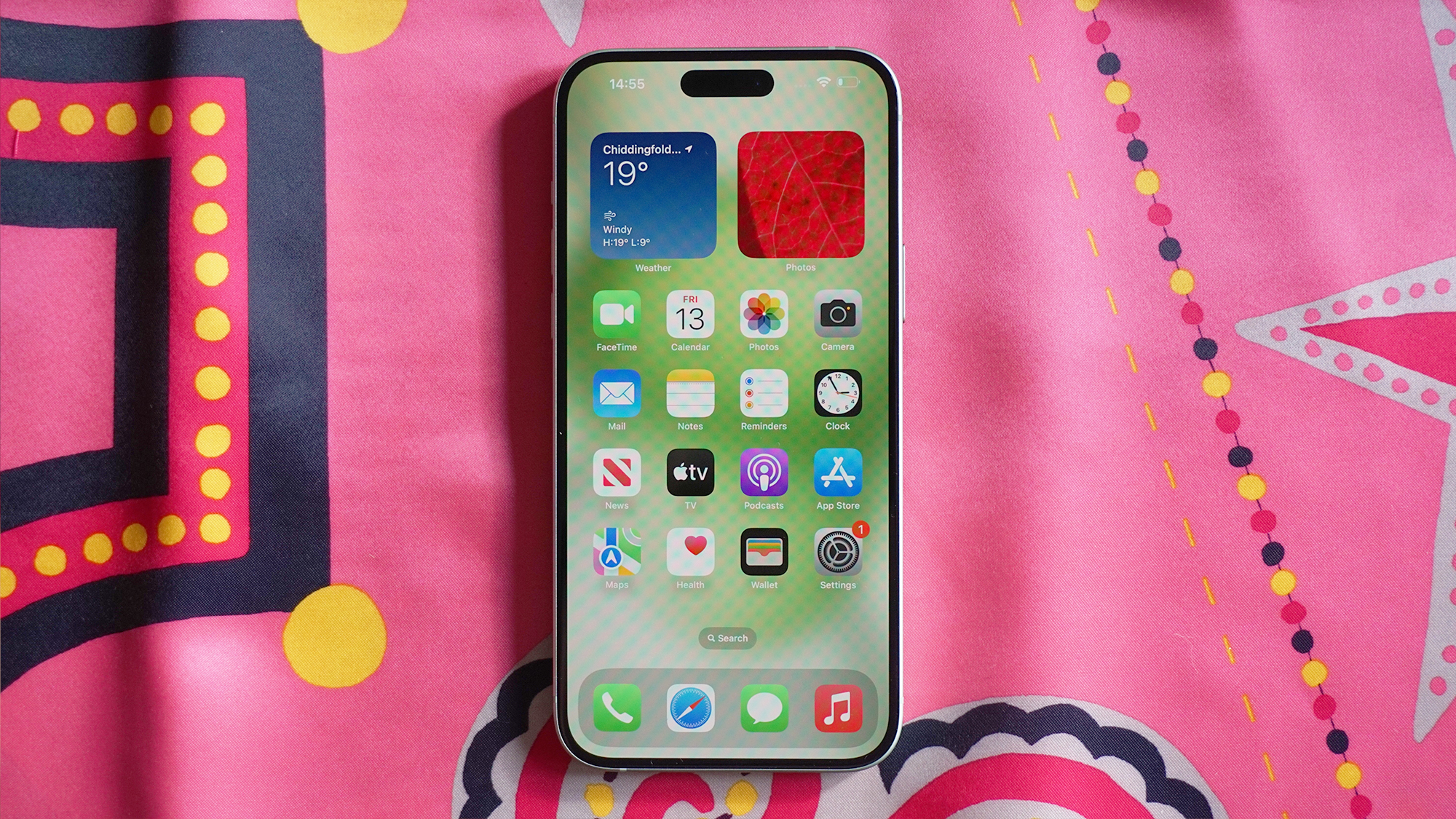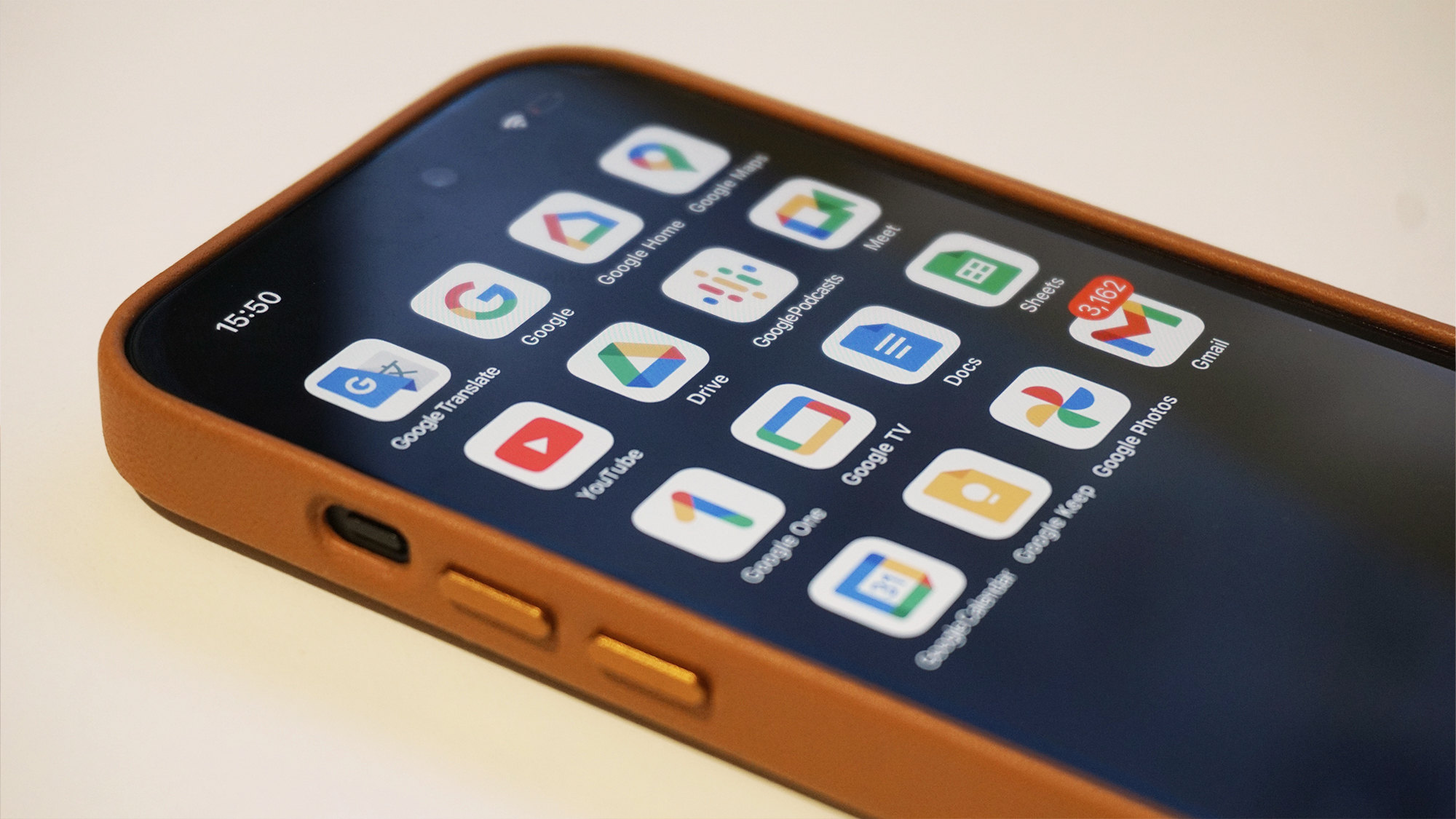Say goodbye to web apps – iOS 17.4 removes useful feature on iPhones in the EU
Apple disables home screen web apps in EU in iOS 17.4

If you’ve ever saved a website as a web app on your iOS Home Screen, you’ll know how useful that tool is, as it allows you to quickly get to the web page you want without having to open a browser and navigate to it. Unfortunately, there’s some bad news for this feature.
As recently announced by Apple, iOS 17.4 will remove this feature for users in the E.U. If you reside in the European Union and plan to update your iPhone, you’ll no longer be able to save web pages into apps that live on your Home Screen.
Apple says the change has been prompted by the E.U.’s Digital Markets Act (DMA). According to a post on Apple’s developer website, the company has previously integrated web apps with the WebKit browser engine, which means web apps can use standard iOS security practices like blocking access to your camera or microphone unless you grant permission.
Apple’s post claims that the DMA makes this much more complicated. That’s because the DMA aims to allow third-party browsers on iOS to be powered by different engines (not necessarily WebKit). Thanks to that, Apple says it cannot guarantee that web apps created using other browser engines will keep users’ data safe and secure – and that it’s therefore pulling web apps entirely from the E.U.
More malicious compliance?

Apple’s statement outlines some of the problems that could arise from web apps made using third-party browser engines, saying that without WebKit’s security practices, “malicious web apps could read data from other web apps and recapture their permissions to gain access to a user’s camera, microphone or location without a user’s consent.” The company added that “browsers also could install web apps on the system without a user’s awareness and consent.”
Apple also claimed that fixing this problem would require a disproportionate amount of effort compared to web apps’ usage on iOS: “Addressing the complex security and privacy concerns associated with web apps using alternative browser engines would require building an entirely new integration architecture that does not currently exist in iOS and was not practical to undertake given the other demands of the DMA and the very low user adoption of Home Screen web apps.”
While there is some merit to Apple’s stance, the harsh all-or-nothing approach will likely provide more fodder to the company’s critics, who have accused it of malicious compliance in the face of E.U. regulation. Similar charges were levied against Apple when it was forced to allow third-party app stores on iOS, and in doing so presented new fees and rules that were felt by many to be far worse than the existing rules people had fought against for so long.
Sign up for breaking news, reviews, opinion, top tech deals, and more.
While there probably aren’t huge numbers of people who use web apps in iOS, the outright removal of the feature for E.U. users will likely still sting – and is unlikely to win Apple much goodwill at a time when it sorely needs it.
You might also like

Alex Blake has been fooling around with computers since the early 1990s, and since that time he's learned a thing or two about tech. No more than two things, though. That's all his brain can hold. As well as TechRadar, Alex writes for iMore, Digital Trends and Creative Bloq, among others. He was previously commissioning editor at MacFormat magazine. That means he mostly covers the world of Apple and its latest products, but also Windows, computer peripherals, mobile apps, and much more beyond. When not writing, you can find him hiking the English countryside and gaming on his PC.